Bringing the Past to Life:10 Unique Projects a Genealogist Can Help With
December 4, 2024
Genealogy is more than just compiling a family tree—it’s the exploration of the stories, the traditions, and the legacies that define who we are.
Whether you’re curious about your heritage, seeking answers to unanswered questions, or trying to uncover family mysteries, a genealogist can be a valuable ally in your journey. These professionals use a variety of tools, resources, and techniques to help you trace your roots, uncover hidden details, and solve complex puzzles about your ancestry.
Let’s take a look at 10 diverse ways in which a genealogist can assist you, from building family trees to solving historical mysteries.
10 Unique Projects a Genealogist Can Help With

1. Building a Family Tree
One of the primary tasks genealogists are hired for is to help individuals and families construct their family tree. By gathering information from birth and death records, census data, marriage licenses, baptismal records, and other archival sources, a genealogist can help trace your lineage back generations, sometimes even hundreds of years.
A well-researched family tree can:
- Provide insights into the migration patterns of your ancestors
- Offer a visual representation of your family’s history
- Highlight ancestral occupations, societal roles, and historical events your ancestors may have lived through
- Offer an emotional connection to past generations, helping you understand family traditions and cultural heritage
Genealogists are skilled at navigating records, especially those in foreign languages or historical documents that may not be easily accessible online.
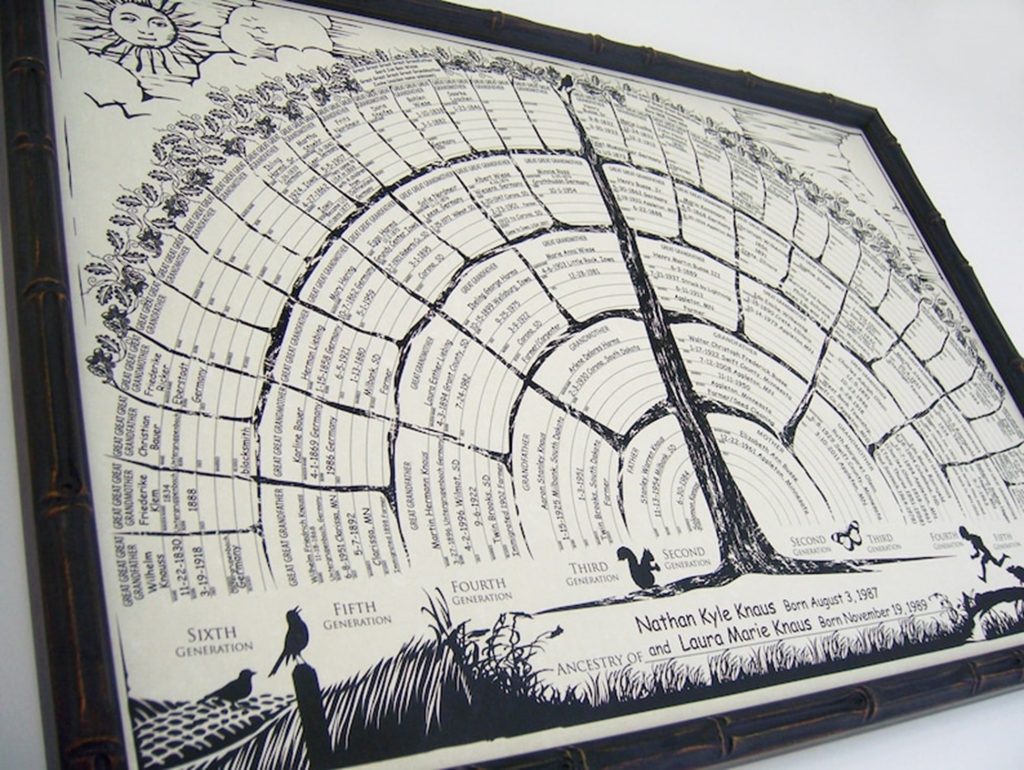
They can also help decipher old handwriting and interpret legal or historical language in documents, ensuring accuracy in the family history they uncover.
In addition to traditional resources, genealogists often have access to specialized databases and archives, providing a more thorough and accurate family tree than most people could compile on their own.
Whether tracing an American family’s roots, uncovering European lineage, or exploring ethnic heritage, genealogists have the expertise to connect the dots and create a comprehensive, well-documented family history.
2. Breaking Through Brick Walls
When researching genealogy, many people run into a common challenge known as the “brick wall”—an obstacle that prevents them from moving further back in their research. This could be due to missing records, name changes, or lost family histories.

Genealogists specialize in overcoming these hurdles and finding answers to your most elusive questions. They often:
- Use alternative research methods (such as finding indirect sources like property records or military service documents)
- Consult files, libraries, or family records that are only available in physical archive locations
- Apply advanced techniques like DNA testing to make connections between distant relatives
- Leverage specialized databases and resources, some of which may not be publicly available online
- Collaborate with other genealogists or experts in specific regions or time periods to gather additional insight
A genealogist can bring fresh eyes and expertise to help break through these obstacles and continue your journey. With their extensive knowledge of both traditional and modern research methods, they can uncover hidden connections or reveal overlooked details.
By combining thorough documentation research with technological tools and creative problem-solving, genealogists are adept at overcoming brick walls and taking your family history investigation further than you could on your own.
Their perseverance and experience often result in valuable breakthroughs that might have been missed without professional assistance.
3. Uncovering Unknown Family Stories
Genealogists don’t just focus on names and dates—they are also skilled at uncovering the hidden stories of your ancestors. They can track down newspaper articles, obituaries, letters, and other primary sources to reveal personal stories and historical contexts. This can lead to fascinating discoveries:
- Family members who were involved in significant historical events: Whether it’s an ancestor who fought in a major war, participated in a movement for social change, or played a role in a local or national milestone, genealogists can help uncover these pivotal moments in history that may have been forgotten over time.
- Ancestors with unique occupations or backgrounds: From military service to immigration stories, genealogists can provide detailed accounts of your ancestors’ lives, tracing their occupations, places of residence, and the journeys they undertook to create the life they lived. You may uncover a family member who was an immigrant, a soldier, an artist, or a pioneer.
- Family traditions, heirlooms, or recipes passed down through generations: Some of the most meaningful family connections come in the form of stories, recipes, customs, or heirlooms that have been passed down through the generations. A genealogist can help you locate or document these treasures, connecting the past with the present and ensuring that these valuable traditions continue.

By gathering and preserving these personal stories, genealogists help you discover the human side of your family’s history, adding richness and depth to your family tree.
These narratives offer a more complete understanding of your heritage, helping to preserve legacies that would otherwise remain hidden.
This work transforms your ancestors from mere names on a page to real people with real lives, struggles, and triumphs.
4. DNA Testing and Genetic Genealogy
With the rise of DNA testing services, genealogists are increasingly using genetic genealogy to trace family connections. A genealogist can help interpret your DNA results from companies like AncestryDNA, 23andMe, or MyHeritage, guiding you through the process of making sense of genetic matches and ethnicity estimates. They can help you navigate the complex genetic data, ensuring you understand the implications of your results and how they relate to your family history.
By comparing your DNA with others in public databases, genealogists can:
- Identify distant relatives and potential family connections: Genetic testing can reveal unexpected relatives, even distant ones, who share common ancestors. A genealogist can help you reach out to these matches and build connections with newfound family members.
- Trace your ancestral origins based on genetic markers: Genetic markers can provide clues about the geographical regions where your ancestors originated, even pinpointing specific regions or ethnic groups. This can complement or confirm the findings from traditional research and help clarify your roots.
- Find out more about migration patterns of your ancestors: DNA testing can reveal the migration paths your ancestors took over generations. It can provide evidence of how they moved across regions, countries, or continents, offering insights into their life journeys and historical context.
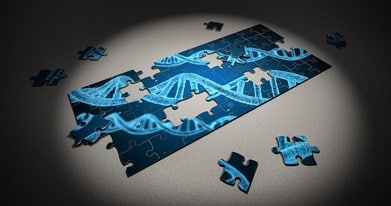
Genetic testing can offer valuable insights that may not be found in traditional records, helping to round out your family story.
It can be a powerful tool, especially when combined with documentary research, giving you a more comprehensive understanding of your lineage and ancestral history.
By blending both genetic and documentary evidence, genealogists can provide a fuller, richer picture of your heritage that you might never have uncovered on your own.
5. Tracing Immigrant Ancestors
Immigration is a major part of many families’ stories, and a genealogist can help trace the journey of ancestors who emigrated from one country to another.
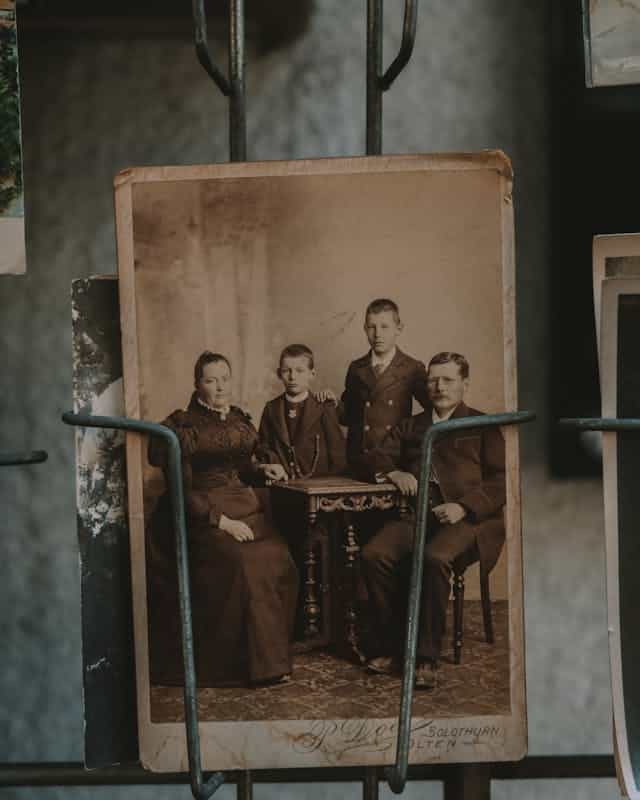
They can track down vital records, such as:
Passenger lists: These lists can provide the names of passengers on ships, along with details like the port of departure, final destination, and sometimes the names of family members traveling together.
Naturalization documents: These records show when and where an ancestor became a citizen of a new country, and may include personal information such as birthdates, places of birth, and the names of family members.
Immigration records from various ports of entry: Different countries and ports kept detailed records of immigrants, which can include customs declarations, arrival dates, and even physical descriptions of the individuals.
These documents often hold essential details, such as the country of origin, occupation, and age at the time of immigration.
A genealogist can uncover these records and provide a more complete picture of your family’s migration history.
In addition to these core records, genealogists may also explore secondary sources such as asylum applications, military service records, or even newspaper articles that can provide more context about an ancestor’s journey and the circumstances that led to their migration.
Through this process, genealogists help you piece together the emotional and logistical aspects of your family’s immigration experience, offering a deeper understanding of the challenges and triumphs your ancestors may have faced while transitioning to a new life.
These insights can also lead to discovering long-lost relatives who remained behind or tracing connections with distant relatives who migrated to other parts of the world.
6. Reconnecting Lost Relatives
A genealogist can assist in reconnecting long-lost relatives by using a combination of traditional research methods and modern technology. First, they can gather information from public records, such as birth, marriage, and death certificates, along with census records, immigration files, and family trees to trace the missing relative’s whereabouts and background.
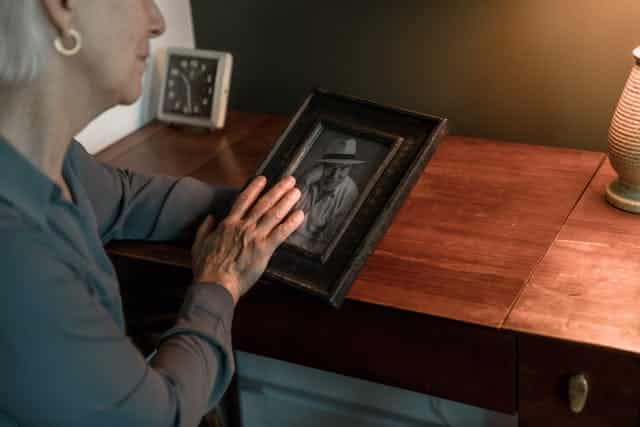
By cross-referencing this data with known family members, the genealogist can piece together the relative’s lineage and possible locations.
Additionally, genealogists often utilize social media, online genealogy databases, and DNA testing to help locate living relatives.
They can search for people who share genetic markers or match names and locations in public records.
If the missing relative’s details are scarce, genealogists may employ advanced techniques like conducting outreach to distant relatives or leveraging historical and local archives.
Their expertise helps overcome obstacles like name changes, migration, and lost documentation, offering a structured and systematic approach to reconnecting families.
7. Creating Heirloom Projects and Genealogy Reports
A genealogist can help you preserve the history of your family through detailed reports, books, or family heirlooms. These professionally created genealogical reports include:
- A well-organized family tree with supporting documentation
- Stories and narratives of your ancestors
- Historical context that ties your family to certain places or events
A genealogist can create heirloom projects and genealogy reports by using their expertise in research, documentation, and storytelling to compile a detailed, personalized family history for clients. These projects often result in tangible products that preserve and showcase a family’s heritage for future generations.

For heirloom projects, a genealogist typically conducts thorough research, starting with vital records, census data, and family documents to trace the lineage.
They may also incorporate photographs, letters, and historical documents to create a rich narrative of the family’s past.
The genealogist will organize the information into a visually appealing format, such as a family tree chart, an illustrated book, or a custom-designed family history album. The aim is to produce a meaningful, lasting artifact that captures the family’s story.
When creating genealogy reports, a genealogist writes comprehensive, well-researched documents that provide clients with a detailed account of their ancestry. These reports usually include family charts, timelines, explanations of genealogical findings, and references to the sources used in the research.
The genealogist ensures that the report is both accurate and easy to follow, often tailoring it to the client’s interests—whether they want a focus on a specific branch of the family, migration patterns, or notable historical events.
These reports may also include photographs, certificates, and maps to enhance the narrative, making the genealogy report a valuable resource for future generations.
8. Assisting with Inherited Property and Inheritance Issues
In some cases, genealogists are hired to help clarify issues related to inherited property or assets. They may be needed when:
- You’re trying to prove the ownership of ancestral land or property
- You’re involved in estate disputes and need to establish rightful heirs
- You need to trace family lines to determine eligibility for inheritance or government benefits
Genealogists can be valuable in legal research as well, particularly in matters like probate or historical land ownership. They can assist lawyers in tracing family relationships and proving genealogical connections for inheritance or estate claims.

By gathering primary sources like deeds, wills, birth certificates, and marriage licenses, genealogists can help establish a clear line of descent, ensuring that assets are distributed to the rightful heirs.
In cases of contested wills, where multiple individuals may claim an inheritance, a genealogist’s expertise can provide the evidence needed to resolve conflicts and uphold the integrity of the estate.
Additionally, genealogists can help uncover any missing or unknown heirs, ensuring that all individuals who may be entitled to a share are identified. This role is especially important in complex legal cases that involve multiple generations or international borders, where family records may be scattered across different jurisdictions.
9. Tracing Royal or Famous Ancestry
Some individuals are interested in tracing their family back to historical figures, including royalty, nobility, or famous individuals. Genealogists can provide in-depth research into the high branches of your family tree, including:
- Identifying connections to historical figures or monarchs
- Proving lineage to famous personalities or even royalty
- Providing context about how your family was involved in important historical events
Genealogists can assist individuals in tracing royal or famous ancestry by utilizing specialized research techniques, historical records, and expert knowledge of well-documented family lines.

The process often begins with collecting any available personal documents, such as family trees, birth certificates, and other relevant records, that might provide clues about possible connections to noble or famous individuals.
The genealogist will then delve into historical archives and public records, including old church registers, royal decrees, estate inventories, and other documents that detail the lineage of aristocratic or notable families.
To trace royal ancestry, genealogists often work with meticulously preserved records like peerage books, noble lineages, and heraldic archives, which track titles, family connections, and royal bloodlines through generations.
They also use government archives, such as military records, land grants, and royal marriage certificates, to piece together familial ties to prominent figures.
If the connection is unclear, genealogists may also explore DNA testing, which can sometimes reveal links to historical royal families.
This process requires both expertise in historical research and access to exclusive records, making a professional genealogist invaluable in uncovering such prestigious connections.
10. Help With Obtaining Citizenship Through Jus Sanguinis (Right of Blood)
A genealogist can play a crucial role in helping individuals obtain citizenship through jus sanguinis, the right of blood, which grants nationality based on ancestry.
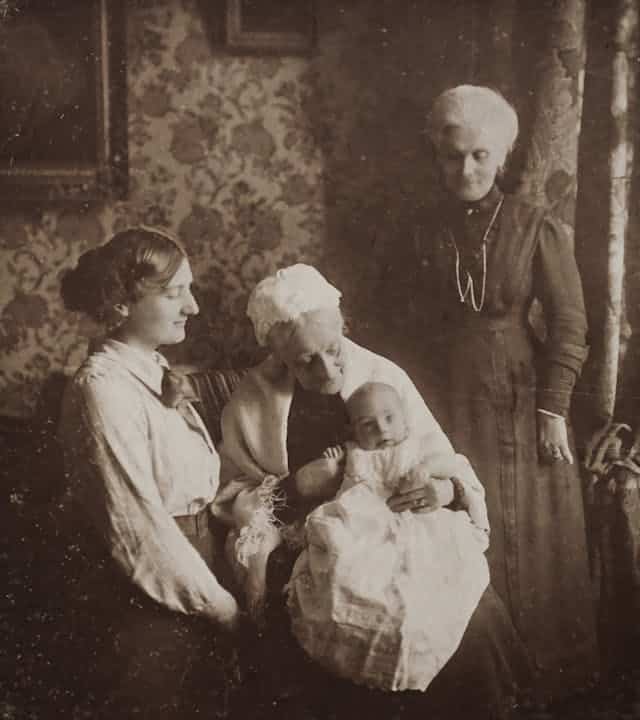
Genealogists can help with the citizenship application process by:
- Researching the individual’s family lineage
- Identifying ancestors who were citizens of the country in question
- Conducting research into birth, marriage, death, and naturalization records
- Translating and interpreting foreign documents.
The genealogist ensures that all necessary documentation is gathered to prove the applicant’s direct descent from a citizen, fulfilling the legal requirements for citizenship.
In addition to tracing ancestry, genealogists can guide applicants through the complexities of jus sanguinis laws, including the specific rules on how citizenship is passed down, such as the number of generations eligible or restrictions based on naturalization dates.
They also help organize and present the collected documents in the proper format for submission, often working alongside immigration lawyers.
For cases where traditional records are lacking, genealogists may suggest DNA testing to help confirm genetic connections. Their expertise ensures that the citizenship application process is smoother, more efficient, and legally sound.
Conclusion
Genealogists are not just skilled researchers—they are detectives of the past who use a variety of tools and techniques to uncover the mysteries of your ancestry.
From helping you build a comprehensive family tree to tracing your lineage through DNA testing, these professionals can help you connect the dots of your past, preserving and understanding your family history in meaningful ways.
If you’re curious about your roots or seeking answers to family mysteries, a genealogist could be your key to unlocking the secrets of your heritage. Whether for personal interest, legacy projects, or even legal matters, genealogists offer a vast range of services to help you uncover your family’s past and ensure that it’s preserved for future generations.































